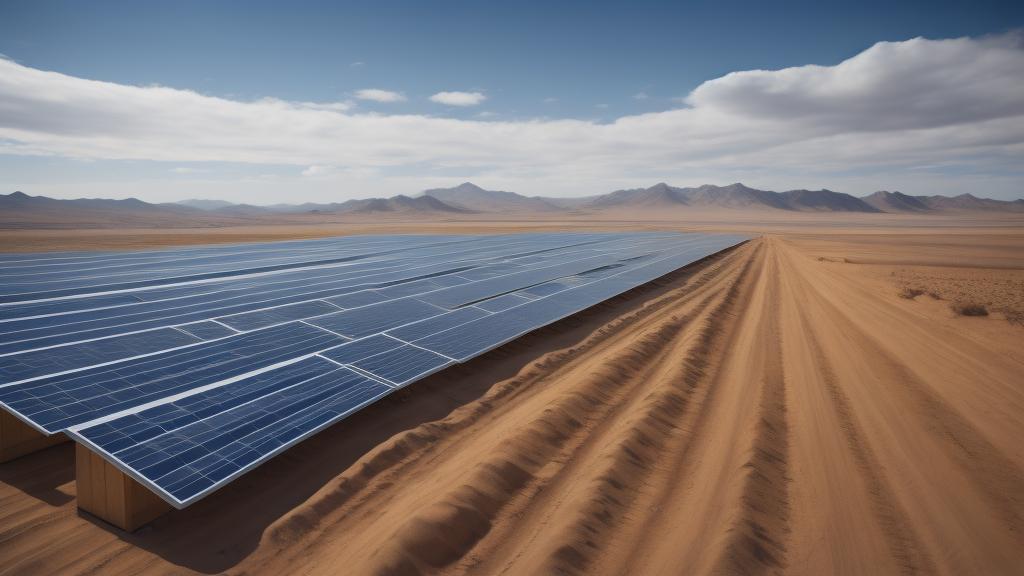In the realm of renewable energy, one critical aspect is gaining increasing importance—energy storage technologies. As the world continues to pivot towards greener energy solutions, the role of energy storage cannot be overstated. Batteries, flywheels, and other energy storage systems are becoming linchpins of the new energy infrastructure. By addressing the intermittent nature of renewable sources like wind and solar power, these technologies are ensuring a stable supply of electricity, even when natural conditions are not optimal for energy generation. This transformation isn’t just about technology either; it’s also about policy, investment, and societal readiness for new systems.
The global push towards reducing carbon emissions has driven significant investments into energy storage innovation. Governments around the world are rolling out incentives to accelerate the adoption of storage technologies. In the United States, for example, the Department of Energy has set ambitious targets to boost energy storage capacity. Various states are also implementing their mandates to foster an energy-independent future.
Energy storage technologies are also playing a pivotal role in grid stabilization. With the advent of smart grids, the need for efficient and reliable storage solutions has never been more pressing. These systems are capable of balancing load, mitigating fluctuations, and ensuring that energy is available when and where it’s most needed. This adaptability is proving crucial in disaster scenarios and peak demand times.
For industries and consumers alike, the benefits of advanced storage solutions are staggering. Lower electricity bills, enhanced energy security, and reduced dependence on fossil fuels are just some of the perks. The marriage of renewable energy with cutting-edge storage systems is painting an optimistic picture for a sustainable future. Business models are evolving, with companies exploring 'Energy as a Service' (EaaS) platforms that offer storage solutions as part of a comprehensive energy package.
However, challenges remain. The cost of advanced storage technologies can be prohibitive, and there are still hurdles in achieving scalability. Research and development are relentlessly pushing towards more affordable, efficient, and longer-lasting storage solutions. Lithium-ion batteries, currently the most popular technology, are being refined, but alternative technologies like solid-state batteries and flow batteries are also showing promise.
Environmental concerns also play a pivotal role in the discussion of energy storage. While these technologies offer a green alternative to fossil fuels, the materials used in current battery tech can be environmentally taxing. The industry is actively exploring ways to reduce the environmental footprint by investing in recycling technologies and sustainable material sourcing.
The future of energy storage looks bright, with emerging innovations poised to overhaul the landscape. The marriage of policy support, technological advancements, and societal willingness is creating a fertile environment for growth. As we edge closer to a renewable-dominated energy ecosystem, efficient storage solutions will undoubtedly become the cornerstone of this transformation.
The rising significance of energy storage technologies

